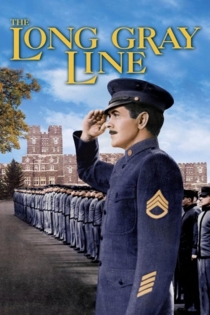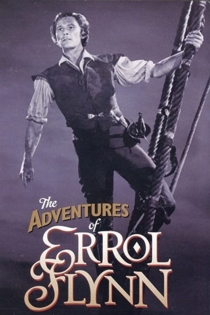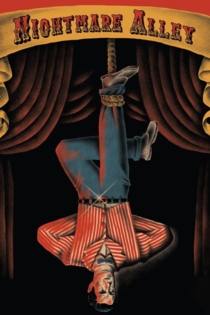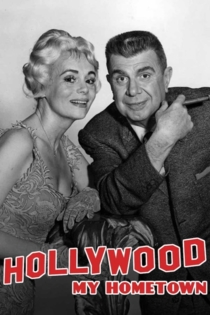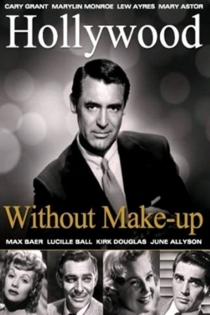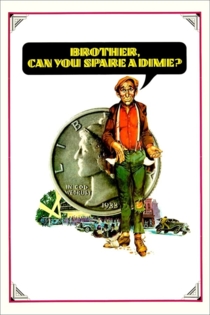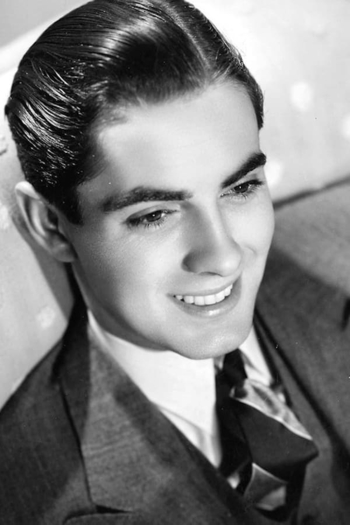
Tyrone Power
1914 - 1958Tyrone Edmund Power, Jr., (also called Tyrone Power III; May 5, 1914 - November 15, 1958) was born at his mother's home of Cincinnati, Ohio, in 1914. A frail, sickly child, he was taken by his parents to the warmer climate of southern California. After his parents' divorce, he and his sister Anne Power returned to Cincinnati with their mother. There he attended school while developing an obsession with acting. Although raised by his mother, he corresponded with his father, who encouraged his acting dreams. He was a supernumerary in his father's stage production of 'The Merchant of Venice' in Chicago and held him as he died suddenly of a heart attack later that year.
Startlingly handsome, young Tyrone nevertheless struggled to find work in Hollywood. He appeared in a few small roles, then went east to do stage work. A screen test led to a contract at 20th Century Fox in 1936, and he quickly progressed to leading roles. Within a year or so, he was one of Fox's leading stars, playing in contemporary and period pieces with ease. Most of his roles were colorful without being deep, and his swordplay was more praised than his wordplay. He served in the Marine Corps in World War II as a transport pilot, and he saw action in the Pacific Theater of operations.
After the war, he got his best reviews for an atypical part as a downward-spiraling con-man in Nightmare Alley (1947). Although he remained a huge star, much of his postwar work was unremarkable. He continued to do notable stage work and also began producing films. Following a fine performance in Billy Wilder's Witness for the Prosecution (1957), Power began production on Solomon and Sheba (1959). Halfway through shooting, he collapsed during a dueling scene with George Sanders, and he died of a heart attack before reaching a hospital.
Screen Snapshots (Series 16, No. 1)
Ralph Staub
Bette Davis, Jimmy Durante
Viewers are provided a visit to Ken Maynard's private circus; Bette Davis poses for her portrait; Frank McHugh plays with his children; a visit to the West Side Tennis Club affords glimpses of many stars.
Screen Snapshots (Series 16, No. 1)

Showbiz Goes to War
Gayle Gibson Sedawie, Norman Sedawie
Bud Abbott, Larry Adler
While a few Hollywood celebrities such as James Stewart and Clark Gable saw combat during World War II, the majority used their talents to rally the American public through bond sales, morale-boosting USO tours, patriotic war dramas and escapist film fare. Comedian David Steinberg plays host for this star-studded, 90-minute documentary, which looks at the way Tinseltown helped the United States' war effort.
Showbiz Goes to War

Witness for the Prosecution
Billy Wilder
Charles Laughton, Tyrone Power
When Leonard Vole is arrested for the sensational murder of a rich, middle-aged widow, the famous Sir Wilfrid Robarts agrees to appear on his behalf. Sir Wilfrid, recovering from a near-fatal heart attack, is supposed to be on a diet of bland, civil suits—but the lure of the criminal courts is too much for him, especially when the case is so difficult.
Witness for the Prosecution
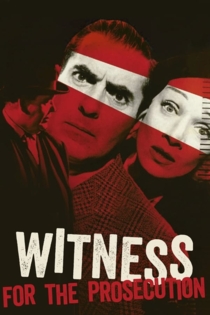
The Mark of Zorro
Rouben Mamoulian
Tyrone Power, Linda Darnell
Around 1820 the son of a California nobleman comes home from Spain to find his native land under a villainous dictatorship. On the one hand he plays the useless fop, while on the other he is the masked avenger Zorro.
The Mark of Zorro
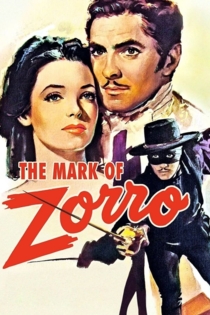
Abandon Ship
Richard Sale
Tyrone Power, Mai Zetterling
After a massive luxury liner sinks into the ocean, the ship's officer must command a rickety lifeboat, built for only nine, that is stuffed with over twenty desperate and injured passengers. As a hurricane approaches and the many wounded passengers struggle for life, difficult decisions must be made about who will remain on the boat and who must be cast to the sea in order to give others the chance to survive.
Abandon Ship
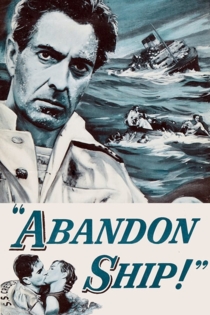
Sir John Mills' Moving Memories
Marcus Dillistone
John Mills, Hayley Mills
A film biography with a difference, Sir John Mills' Moving Memories charts the life of one of Britain's most distinguished actors. Compiled from interviews with the man himself and with his family and friends, it traces his career from humble beginnings to all-time great of British cinema. The many film clips reveal an electric screen presence and a willingness to undertake a range of difficult, challenging roles.
Sir John Mills' Moving Memories
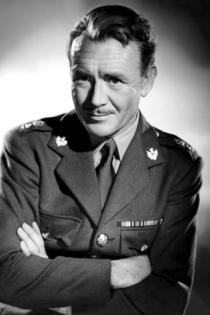
The Razor's Edge
Edmund Goulding
Tyrone Power, Gene Tierney
An adventurous young man goes off to find himself and loses his socialite fiancée in the process. But when he returns 10 years later, she will stop at nothing to get him back, even though she is already married.
The Razor's Edge
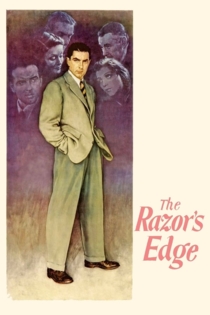
Fantasia Lusitana
João Canijo
António de Oliveira Salazar, Américo Tomás
Images and sounds expose the duality of Portugal during the days of WW2: a peaceful, god-loving, rural country, providing an escape route for over one hundred thousand European refugees to the Americas; and a political and cultural elite that disguised their Nazi inclinations just enough to play its neutral role in international politics.
Lusitanian Illusion

Marie Antoinette
W.S. Van Dyke, Julien Duvivier
Norma Shearer, Tyrone Power
The young Austrian princess Marie Antoinette is arranged to marry Louis XVI, future king of France, in a politically advantageous marriage for the rival countries. The opulent Marie indulges in various whims and flirtations. When Louis XV passes and Louis XVI ascends the French throne, his queen's extravagant lifestyle earns the hatred of the French people, who despise her Austrian heritage.
Marie Antoinette
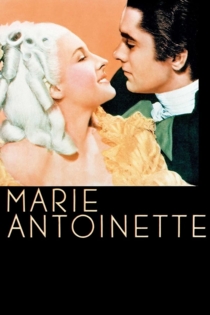
The Long Gray Line
John Ford
Tyrone Power, Maureen O'Hara
The life story of a salt-of-the-earth Irish immigrant, who becomes an Army Noncommissioned Officer and spends his 50 year career at the United States Military Academy at West Point. This includes his job-related experiences as well as his family life and the relationships he develops with young cadets with whom he befriends. Based on the life of a real person.
The Long Gray Line
